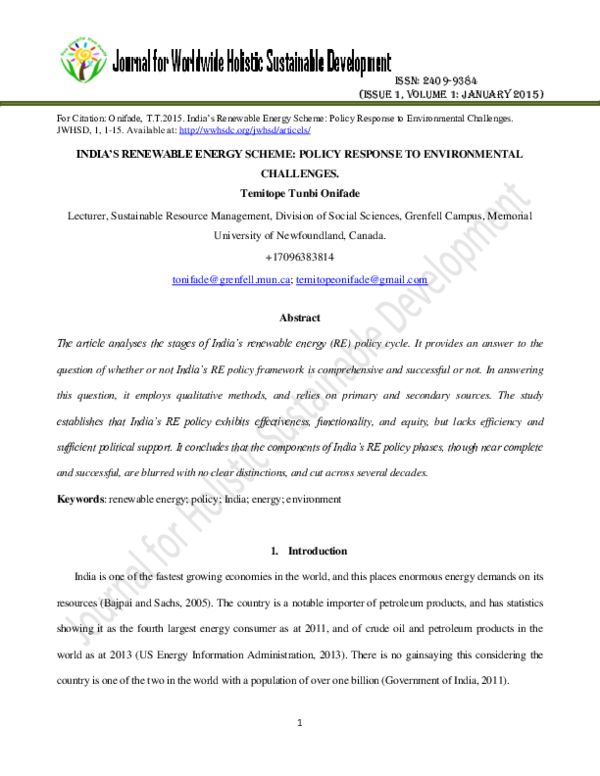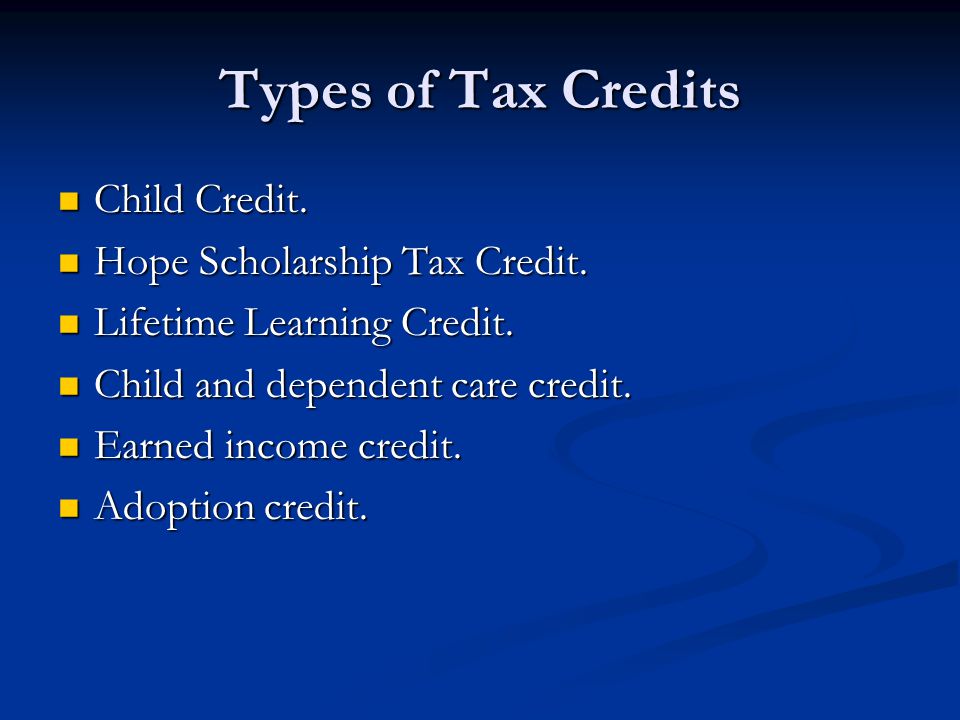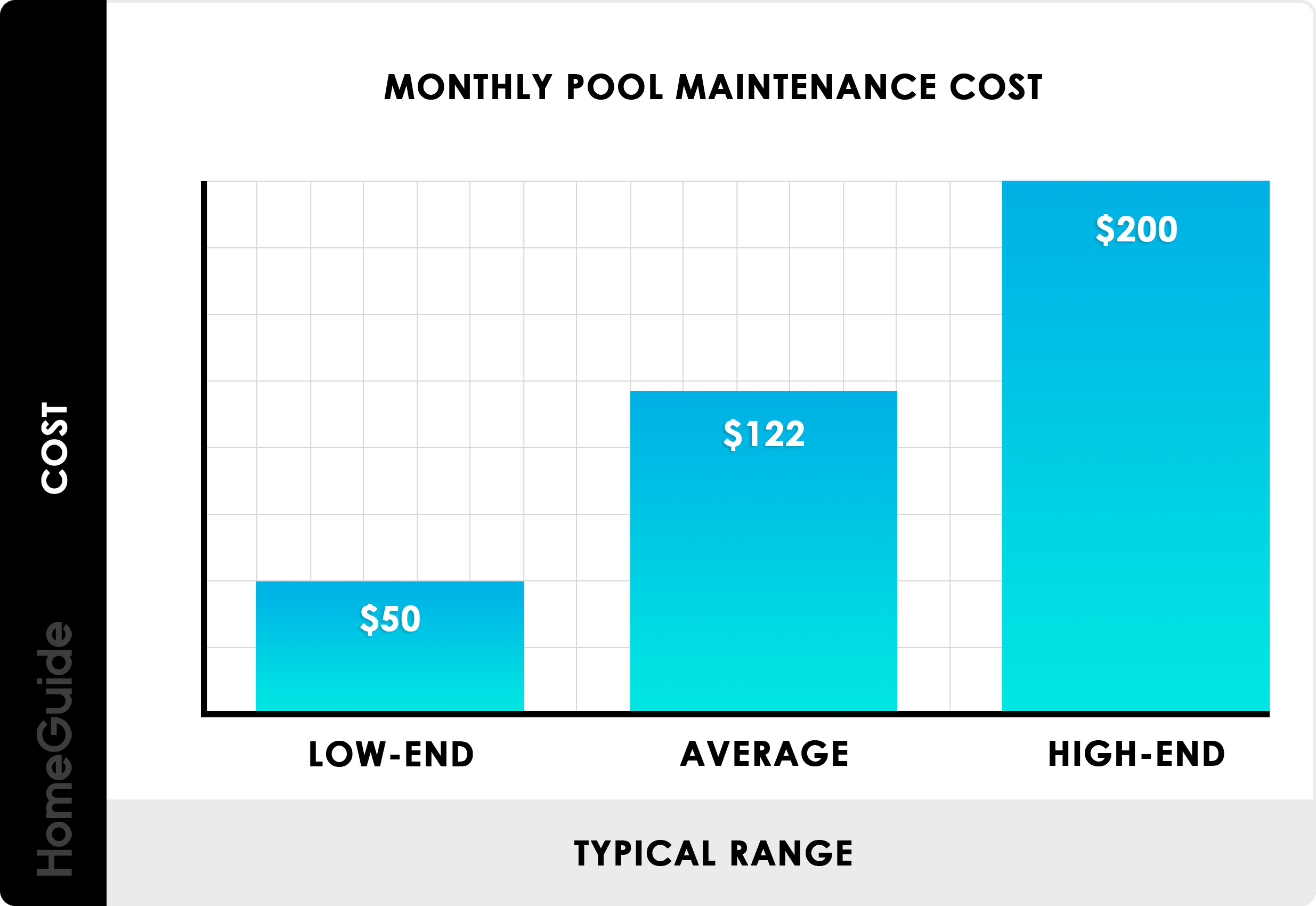
While solar panels are a great option to generate electricity and reduce your monthly electric bills, they can be costly. You should consider the costs of solar panels and your financing options. Energy Sage's free estimate calculator allows you to quickly calculate upfront costs and potential savings. Millions are interested in solar. Solar installations can make homes more attractive than houses without them. They sell at an average of 20% faster and 17% less than houses without them. This means that if you ever want to sell your house, you can easily recoup the investment.
Alternatives to paying upfront money for a solar system
A solar loan can be an option for those who don't want to spend the full cost of the solar panel system upfront. This option was uncommon until recently. Now, however, there are many solar-specific lenders that offer competitive rates with flexible terms. These loans allow customers to pay in regular installments for a fixed period of time while they still own their solar panels. They also give them the opportunity to save on their electric bills.
A power purchase agreement is another option to buying a solar panel system upfront. This arrangement allows you pay for the panels over a specified time frame, with the price increasing over the time. This arrangement will usually save you more money than buying panels right away, since you'll be paying a longer term. Plus, you'll receive a federal tax credit for the solar electricity you generate.

Cost of a solar panel system
A variety of factors affect the price of a solar-panel system. First, size is important. The cost of larger solar panels systems is higher than for smaller ones. However, smaller systems produce less power. This means the average $/W will be lower. Cost can also be affected by the type and size of solar panels. Some panels are more expensive than others, but this doesn't necessarily mean that they'll perform better.
Other costs to be considered include permit fees, local inspection fees, and solar tax. The cost of solar energy has been steadily decreasing as more people look to it. According to the National Renewable Energy Laboratory, the average cost of solar panels installed has fallen between 13% and 18% since 2010. Ask a local solar professional to get an accurate estimate of the cost of a system with solar panels.
Get incentives to go solar
A way for homeowners to reduce the cost associated with installing a solar system is by offering incentives. There are many incentives available in different states. Massachusetts residents can get a 15% state credit up to $1000. Federal tax credits are also available for solar installations. The federal tax credit can amount to 30% of the costs of a solar system installation.
New York has a block grant program for homeowners that encourages them to go solar. These grants can amount to up to $8.750 for a typical residential project and are subjected to a limit based upon the area's installed solar capacity. The state also allows taxpayers the ability to carry the credits over to the next cycle.

Cost of leasing solar panels
Lease solar panels to your home if you are thinking of installing solar panels but don’t want to invest the initial capital. Solar leases often include maintenance services included in the monthly fees. These services can be helpful to you maintain your solar panel system and avoid costly repairs. Many leases include the option of purchasing the panels after the lease term ends.
But solar leases do have some disadvantages. The monthly payments will not be very low and will go up over the lifetime of your system. This could lead to lower savings than you would expect. You will also not be eligible to receive the federal solar tax credit or the local incentive programs. The lease won't increase value of your home and breaking it could be costly.